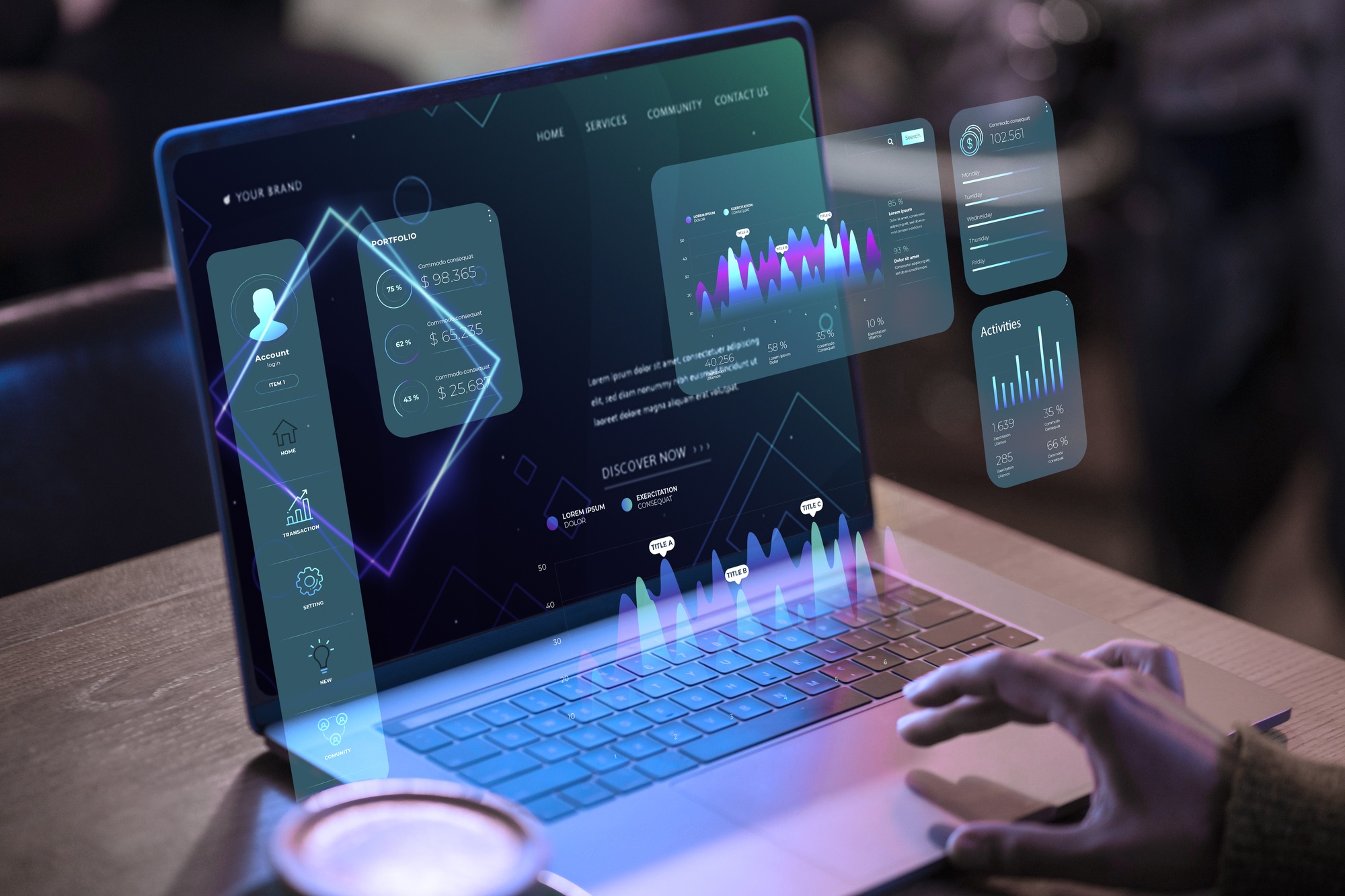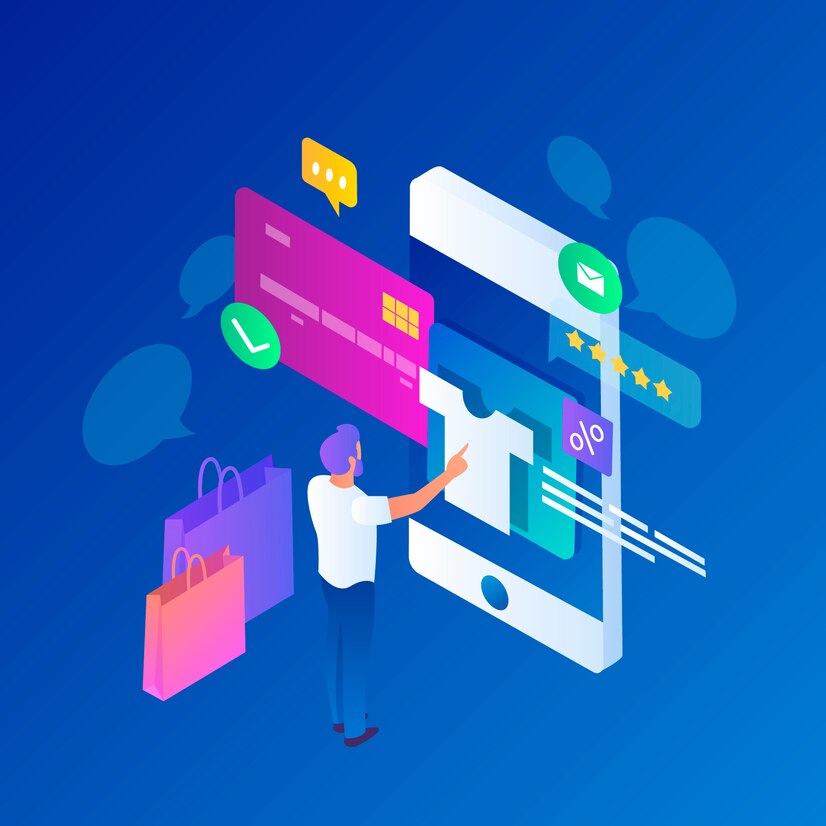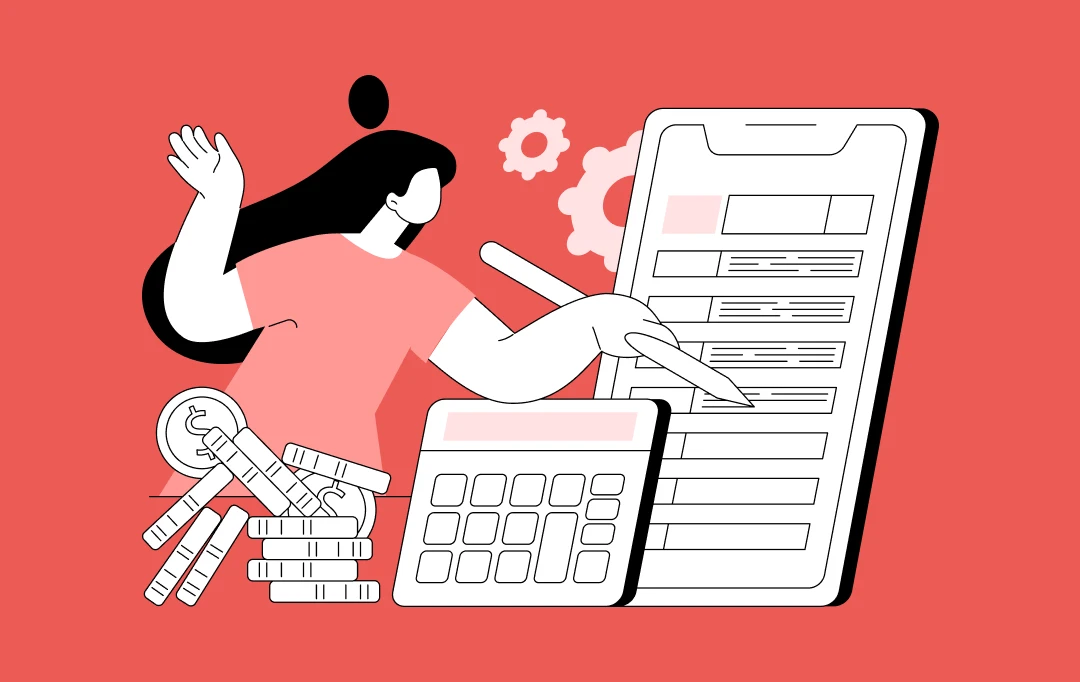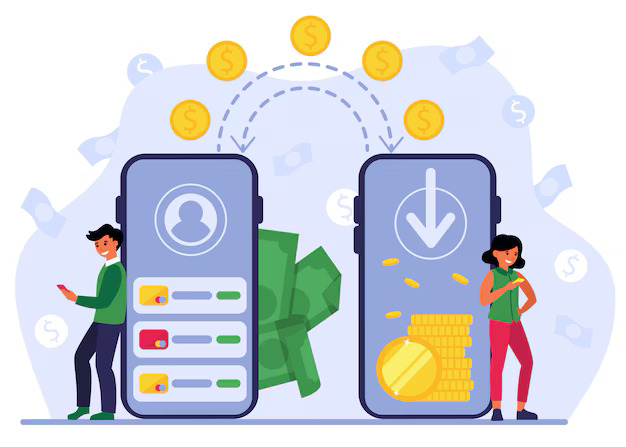Challenges in Healthcare Application Development

Strong 8k brings an ultra-HD IPTV experience to your living room and your pocket.
In today’s fast-paced digital world, healthcare application development has become a cornerstone for modernizing the medical industry. These applications empower patients, streamline operations for healthcare providers, and promote a proactive approach to health management. However, creating healthcare apps isn’t without its hurdles. Developers face unique challenges that demand precision, compliance, and innovation. This blog explores the key challenges in healthcare application development and how to navigate them effectively.
1. Ensuring Data Security and Compliance
Healthcare applications deal with highly sensitive patient information, including medical histories, prescriptions, and personal details. Securing this data is paramount to prevent breaches that could lead to identity theft or unauthorized access.
Compliance with regulations like HIPAA (Health Insurance Portability and Accountability Act) in the US or GDPR (General Data Protection Regulation) in Europe adds an additional layer of complexity. Developers must implement robust encryption methods, secure data storage, and ensure that all communication within the app is protected.
Furthermore, incorporating multi-factor authentication and role-based access controls can mitigate risks. However, staying updated with ever-changing regulations remains a consistent challenge.
2. Maintaining Interoperability
Healthcare applications often need to integrate with existing Electronic Health Records (EHR) systems and other medical technologies. Achieving seamless interoperability across platforms is crucial for providing comprehensive care.
The challenge lies in standardizing data formats and ensuring compatibility. Many legacy systems use outdated architectures, making integration cumbersome. Developers must employ advanced APIs and adhere to protocols such as FHIR (Fast Healthcare Interoperability Resources) or HL7 (Health Level Seven) to ensure smooth data exchange.
3. Balancing User-Centric Design with Functionality
Creating an intuitive user interface is critical, but healthcare apps also need to offer robust functionalities. Striking this balance can be difficult, especially when catering to diverse user groups, including patients, doctors, and administrators.
Accessibility is another concern. Developers must ensure that the app complies with standards like WCAG (Web Content Accessibility Guidelines), allowing people with disabilities to use the app seamlessly. Testing with real users and gathering feedback is vital for achieving this balance.
4. Handling Technological Limitations in Remote Areas
Telemedicine and healthcare applications are designed to reach patients in remote locations, but infrastructure limitations like poor internet connectivity and outdated devices can hinder their performance.
Developers must optimize apps to work efficiently under low bandwidth conditions and ensure compatibility with older smartphones. Lightweight designs, offline functionalities, and adaptive streaming can significantly improve usability in underserved areas.
5. High Development Costs
Developing a healthcare application is an expensive endeavor. From hiring skilled developers to ensuring compliance and integrating advanced technologies, costs can quickly escalate.
To mitigate these expenses, companies often turn to healthcare application development services that specialize in creating cost-effective solutions. By leveraging expertise in the field, organizations can save time and resources while maintaining quality.
6. Addressing Scalability Concerns
Healthcare apps must be designed to handle an increasing number of users without compromising performance. Scalability is essential, especially for apps that cater to hospitals or large medical institutions.
Building a scalable architecture requires planning for high traffic, managing concurrent users, and ensuring consistent uptime. Developers often use cloud-based solutions to address these challenges, but this approach requires careful management of costs and security risks.
7. Incorporating Emerging Technologies
The integration of advanced technologies like AI (Artificial Intelligence), Blockchain, and IoT (Internet of Things) is revolutionizing healthcare. However, incorporating these technologies into apps is complex and requires specialized knowledge.
For instance, AI can enhance diagnostics, but training accurate models demands vast amounts of clean data. Similarly, blockchain can improve data security, but its implementation can be costly and time-consuming. Developers need to assess the feasibility and value of these technologies before integration.
8. Managing Continuous Updates and Maintenance
Healthcare regulations and technological advancements change rapidly. Apps require regular updates to stay compliant and relevant, which can strain resources.
Partnering with healthcare application development services can alleviate this burden. These experts ensure that the app remains updated, functional, and secure, freeing developers to focus on innovation.
9. Building Trust Among Users
Trust is a cornerstone for the success of any healthcare app. Patients need assurance that their data is safe, and medical professionals need confidence in the app’s reliability.
Transparent communication, adherence to privacy laws, and demonstrating a commitment to quality through certifications can help build trust. Developers should also focus on minimizing downtime and addressing user concerns promptly.
10. Testing in Real-World Scenarios
Rigorous testing is essential to ensure the app works as intended across various scenarios. From usability testing with diverse user groups to stress testing under heavy loads, healthcare apps require comprehensive evaluation.
The challenge lies in simulating real-world conditions and ensuring the app is bug-free before deployment. Automated testing tools and beta testing with actual users can help overcome this hurdle.
Conclusion
Developing healthcare applications is no easy feat, but addressing these challenges head-on can lead to innovative and impactful solutions. By focusing on security, interoperability, user experience, and scalability, developers can create apps that revolutionize the healthcare industry.
Investing in healthcare application development services is a strategic move to overcome these obstacles efficiently. With the right expertise, tools, and vision, the future of healthcare apps looks promising.
Note: IndiBlogHub features both user-submitted and editorial content. We do not verify third-party contributions. Read our Disclaimer and Privacy Policyfor details.







